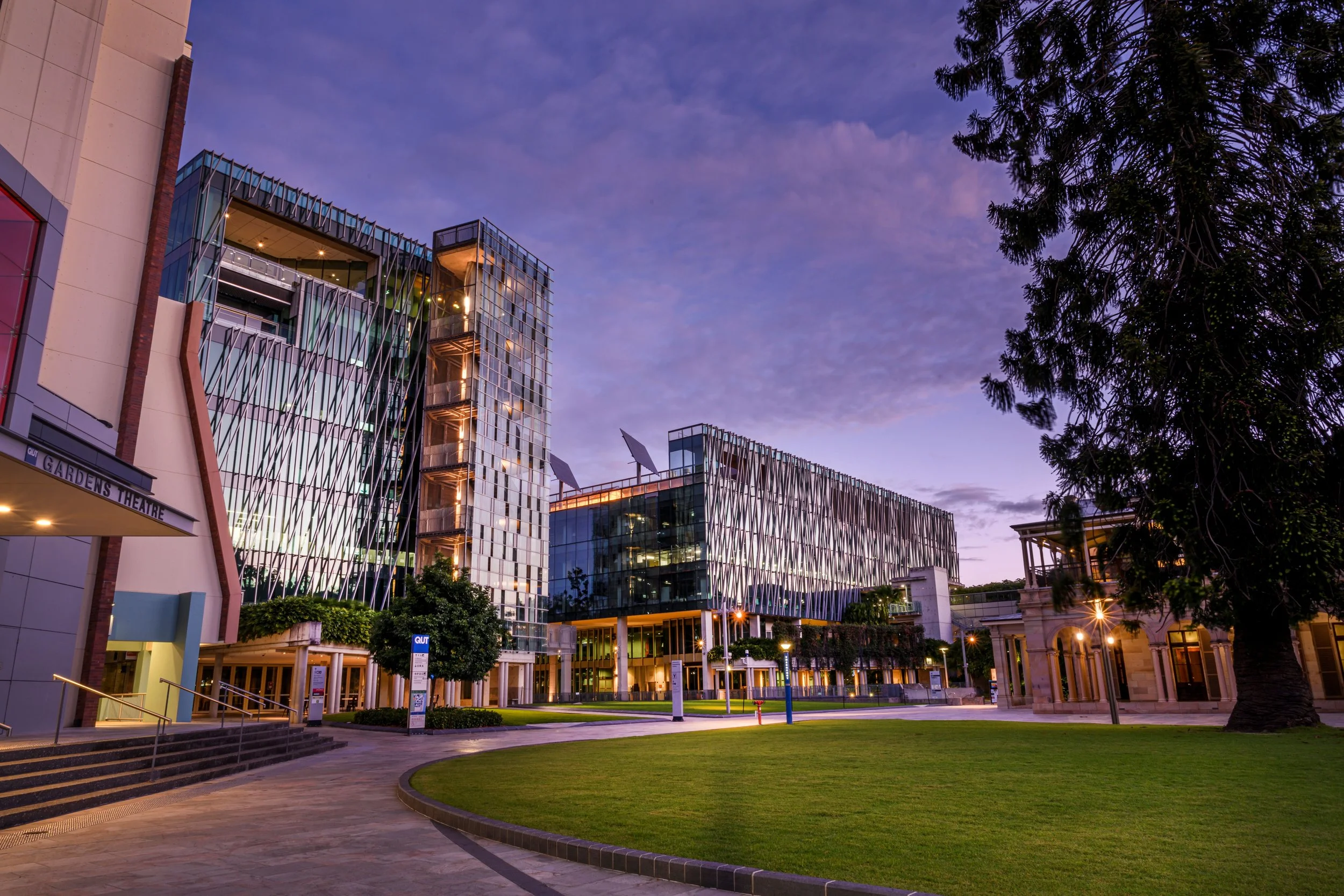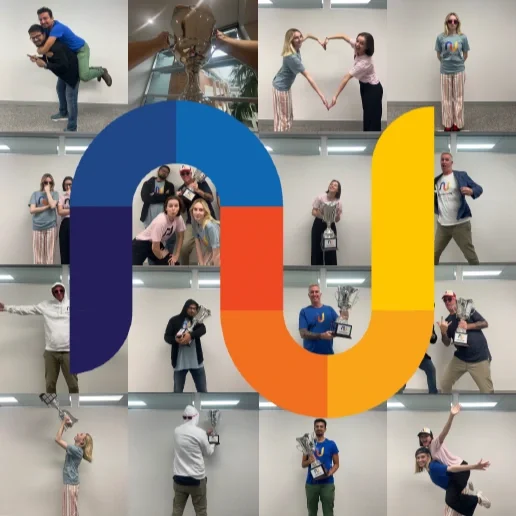Welcome
to ARC BITA
Collaborative Australian Research
Who we are
We are an Australian Research Council Industrial Transformation Training Centre led by Queensland University of Technology in partnership with University of Queensland, University of Western Australia.
The Training Centre builds cross-sector partnerships to tackle complex challenges, advancing research and training that bridge theory and practice. We develop people, data, and solutions to help Australian organisations achieve greater returns on technology investment.
Our Partners
The Training Centre collaborates with industry and government partners to boost productivity and adoption of innovation, support businesses to grow and enable more innovative new products and services to reach end-users in local, domestic and global markets.
Meet the Team
Our Training Centre connects industry and government stakeholders with leading interdisciplinary researchers. Our experts specialise in behavioural economics, social marketing, and social psychology and focus on creating innovative solutions to complex societal challenges. This expertise drives impactful research and training that bridges academic theory and real world application.
Our Students
The Training Centre is proud to work with HDR students, each collaborating with an industry partner and making valuable contributions to our research program.
At the Training Centre, we actively share insights through a range of activities and resources. Stay connected with us to keep up to date with our latest publications and upcoming opportunities to engage.
Upcoming Events
Upcoming Events
The 2026 ARC BITA Conference is a national and international leader in applied behavioural research. The conference brings together researchers interested in applying Behavioural Insights to address real world problems in close collaboration with government, industry and the not-for profit sector.
Our 2026 ARC BITA Conference is proudly sponsored by Queensland’s Department of the Premier and Cabinet. Join us on Monday 9 February 2026.
We’re excited to announce Nudgeathon 2026 proudly sponsored by
Queensland’s Department of Primary Industries.
Join us for our behavioural change competition where creativity
meets real-world impact. Over two and a half days, teams will
tackle pressing social challenges, applying behavioural science
to design practical, evidence-based solutions.
Date: 7-9 April 2026
Location: QUT Gardens Point campus
Latest News
New The Mandarin Article!
A new article by Centre Director Professor Benno Torgler and Professor David Stadelmann asks whether we’ve reached “peak climate policy” — as big promises give way to pragmatism.
After decades of ambitious targets and costly symbolism, the focus is shifting toward adaptation, proven technologies, and smarter economic design. The authors argue this marks a maturing of climate policy: moving from moral rhetoric to efficient, transparent, and realistic solutions.
Read more in The Mandarin: Has climate policy peaked? The rise and fall of a political cause
Other News
That’s a wrap on Nudgeathon 2025!
After three days of inspiring ideas, creative problem-solving, and future-focused thinking, we’re thrilled to announce the winners…
2026 ARC BITA Conference!
We’re excited to announce our 2026 Conference proudly sponsored by Queensland’s Department of the Premier and Cabinet. Find out more
Latest podcast episode released!
In our latest podcast, our hosts sit down with Dr Khandis Blake from University of Melbourne. Tune in here
New Working Paper!
We're pleased to share the latest research from Centre Director Professor Benno Torgler and PhD Researcher Fabian Kuhn from University of Fribourg
Geek Seminars
We’re excited to share our recently launched series of informal, practical “Geek Seminars“.











